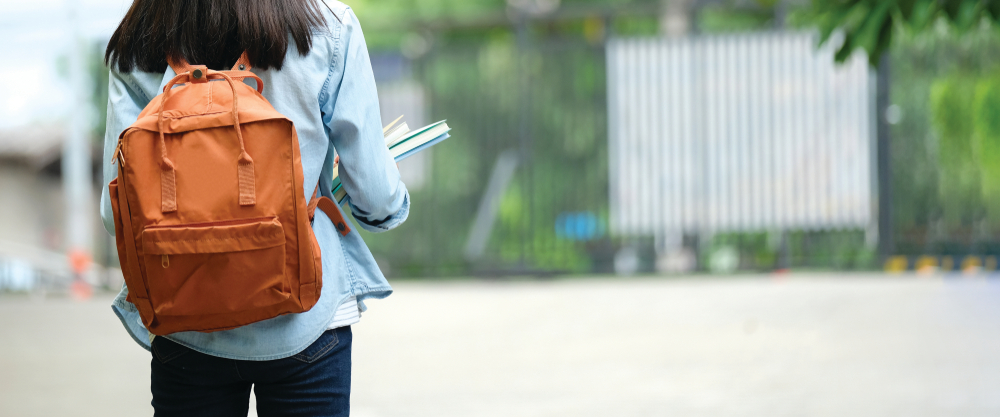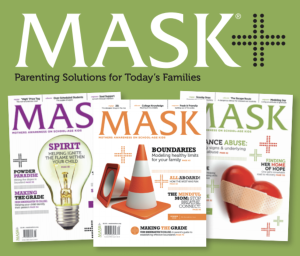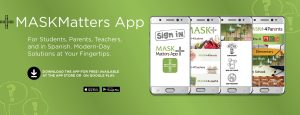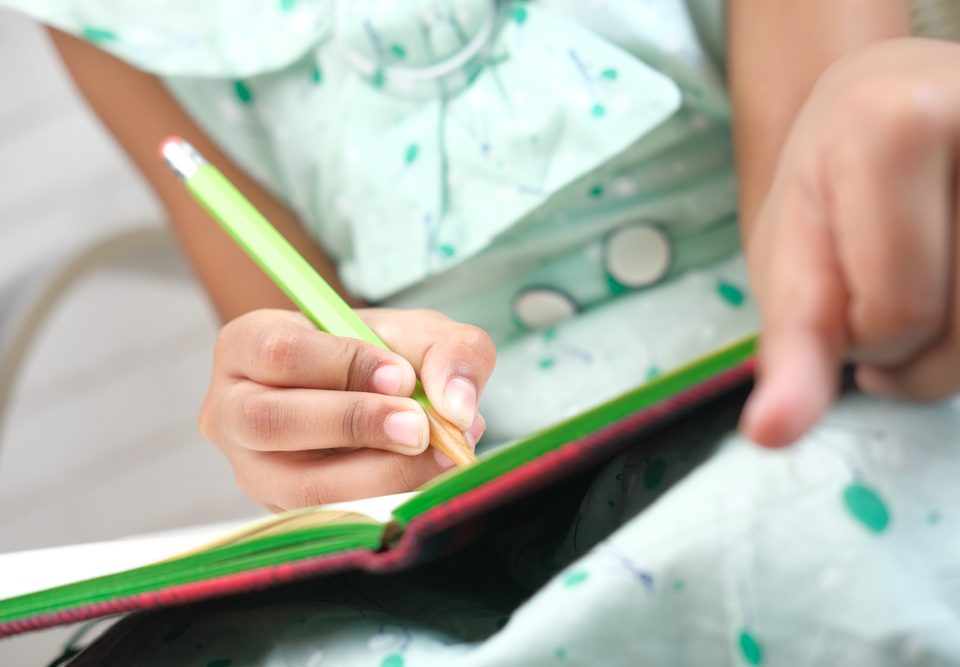
Body Image and Social Media
April 6, 2021
Emotional Regulation is Key
April 8, 2021
To help parents and their college-aged child understand the importance of taking responsibility and being accountable, we asked Dr. Kendra Hunger, Dean of Students at ASU’s West Campus and Student Rights and Responsibilities, to provide some insight and advice. Here’s what she shared.
Q: Why is accountability and personal responsibility important in college?
College is such a formative time for student growth, learning and development. It is during the college years that students discover who they are and who they are becoming. The life skills they develop in college will help them throughout their entire lives. Learning accountability to self and others during college helps individuals understand the impact that responsibility, behavior and decisions have on themselves and others, and teaches them critical skills for success in their careers and lives.
Q: How can colleges and universities promote student accountability?
Post-secondary institutions can promote student accountability from the moment students decide to attend their institution. Colleges have a responsibility to cultivate an environment where each student is supported, coached and taught how to take responsibility for their actions.
Institutions can be proactive by developing online, virtual modules that students are expected to complete prior to classes starting. For example, Arizona State University requires incoming students to watch a “Community of Care” video and to answer interactive questions about responsibility and accountability, with the expectation that each student has to contribute to a community of caring Sun Devils. Institutions can implement similar community commitments where students are expected to be accountable to themselves and others.
In addition, institutions should intervene when students are not practicing accountability to themselves or other members of the community by having educational discussions with those students. These educational programs promote accountability while helping students to understand the key benefits of being accountable for their actions throughout their collegiate experience.
Q: How can students be more responsible for their own learning?
If a student is not familiar with the concept of the “growth mindset,” I highly encourage them to search online for Carol Dweck’s philosophy on mindset. Dweck researched how children learn, and discovered there are both fixed mindsets and growth mindsets. In her book “Mindset: The New Psychology of Success,” her research asserts that the growth mindset is the notion that those who reflect on the experiences of failures, setbacks and mistakes tend to be more adaptable and more nimble, and embrace the idea that they haven’t arrived yet at where they want to be.
Individuals with the fixed mindset, meanwhile, believe they are failures if they make a mistake, haven’t learned from the setback, and tend to have a judgmental mindset of the self–related to successes (Dweck, 2016). This notion of the growth mindset is important in the college years because these are the years that students will be exploring their interests, passions, career paths and life circumstances. Students can be more responsible for their learning both in the classroom and outside of the classroom if they pause after an experience, reflect on what they learned, and make adaptations or adjustments to their approach for the future.
For example, if a first-year student receives a grade lower than expected on an exam, by reflecting on what happened and perhaps speaking to their professor, they can learn what they may or may not have absorbed in terms of the material or assessment approach. Then the student can make adjustments to their approach to the next assessment, such as participating in tutoring, attending a study group, receiving supplemental instruction or using other academic resources. In college, students will discover that while learning is their own responsibility, there are individuals and resources available to help them along the way.
Q: How can learning and developing accountability skills help a college student be successful in their future careers?
Employers frequently indicate they want to hire individuals who have leadership skills and who have the capacity to collaborate and work with a diverse workforce. As students learn and develop accountability and responsibility skills, they also build their capacity to:
![]() Take ownership for learning their industry.
Take ownership for learning their industry.
![]() Take initiative in their work and be responsible employees.
Take initiative in their work and be responsible employees.
![]() Learn how to explore, discover and contribute to creative problem solving and innovative approaches to their career fields.
Learn how to explore, discover and contribute to creative problem solving and innovative approaches to their career fields.
These accountability skills will help them explore their goals and passions and how to be responsible for making them a reality. While students will have support from family, friends and the institution’s resources, learning accountability and responsibility in college is something they have to do for themselves.
Q: What can parents do to teach accountability and responsibility to their college student?
Families are a significant factor in helping their students learn accountability and responsibility. As a family member, you can partner in your student’s journey through college by supporting them as they acquire important tools, skills and strategies through their college experiences. If your student has a moment of uncertainty or stress, encourage them to seek out the institution’s resources for support, guidance and assistance, whether it’s academic support or other student support services. You can also contact the Dean of Students office if you believe your student is struggling with decisions or actions related to any issue. The dean’s office can then reach out to the student and provide assistance in dealing with the issue.
Parents and families, in partnership with their students’ institution, can coach students through any setbacks, failures and experiences to help them learn responsibility and accountability. Together, families and institutions can then celebrate the successes once the student learns to be accountable and responsible to themselves, and to others, during their college years.
MASK the Parenting Magazine a quarterly publication providing solutions for Today’s Families.
The parenting manual offering solutions to the modern-day challenges families face. From Pre-K
through College stay up to date on the modern day issues families face.
Are you up to date on the issues your child is facing?
MASK Mothers Awareness on School-age Kids offers parenting solutions for today’s families. MASK tackles important topics – from drugs and alcohol to bullying and Internet safety -and gives students, parents and the community the knowledge and tools to manage these potential challenges.
Subscribe today! https://www.tools4teaching.com/product/mask-the-magazine/
Download and share the MASKmatters app now! Made for children, parents, teachers and in Spanish.
Have solutions at your fingertips
Available free on apple and google play links below
Apple https://apps.apple.com/us/app/maskmatters/id1482305692
Google Play
https://play.google.com/store/apps/details?id=com.maskmatters.maskmattersapp&hl=en_US&gl=US




